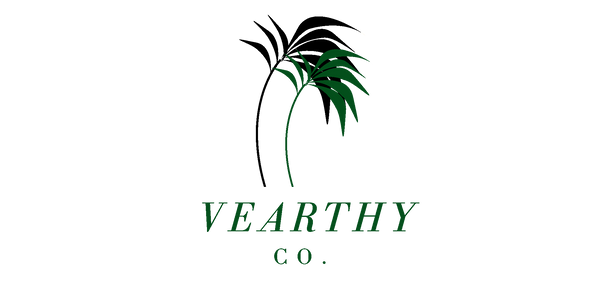
Plastic World: Enough Plastic, Enough Pain
Share
It starts small.
You wake up, grab your toothbrush, and run it under the tap. The bristles feel rough, scratching slightly against your gums. You shrug it off. It is just part of the morning routine.
Later, you open the fridge, peel back a plastic lid, and toss it in the trash without thinking. You head out the door with coffee in hand and a plastic lid pressed to your lips.
None of these moments seem significant. They are quick, quiet, almost invisible. But added together, they tell a bigger story. Our lives are wrapped, sealed, and softened in plastic. And the story is getting harder to ignore.
We Are Living In A Plastic World
Plastic was once revolutionary. Durable, versatile, inexpensive. Today it is everywhere: in our homes, our oceans, and even our bodies.
- The world produces more than 400 million tonnes of plastic waste each year.1
- Less than 10% is recycled. Most is landfilled, incinerated, or breaks down into microplastics.1
- Researchers have detected microplastics in human blood, lungs, and breast milk.2
We do not just interact with plastic. We live in it. We brush with it. We eat and drink from it. We carry it within us.
When Plastic Hurts Us Too
Plastic pollution is an environmental crisis. Beaches covered in bottles. Wildlife tangled in bags. Fish filled with fragments. But plastic also affects our daily lives in ways we can feel.
Think of the toothbrush again. Nylon bristles are petroleum based. Over time they can wear against your gums and leave them feeling sensitive. Plastic packaging cracks easily and becomes microtrash. The promise of convenience often leaves us with irritation, pain, and waste.
Plastic hurts more than the planet, it hurts you too.
A Choice In The Story
Every great story has a moment where things can change. For us, that moment comes in the everyday choices we make.
Most of us cannot remove plastic entirely. It is baked into supply chains and daily routines. But we can refuse it in places that matter. Small daily rituals add up to something bigger.
Brushing our teeth. Washing our faces. Carrying a bottle. Each is a chance to write a different ending.
Small Acts, Bigger Impact
If plastic is the problem, the solution starts with less of it. Not in sweeping gestures, but in ordinary acts that multiply when shared.
The more people that can participate in a small act, the bigger it becomes.
- Replace petroleum based toothbrushes with bamboo or plant based options.
- Refuse unnecessary packaging and choose refillable or compostable containers.
- Reimagine daily essentials as chances to care for yourself and the planet at the same time.
These are not sacrifices. They are investments in your health and in the world we pass on.
What Story Do You Want To Tell?
When you picture the future, what do you see? Piles of plastic washed ashore, or beaches of sand? Rough gums and cracked lips, or a smile that feels as good as it looks?
We get to choose the story. And the story is bigger than any one person.
That is why we created Vearthy. To make it easier for Canadians to take part in small, meaningful acts that matter. We invest in making things in an eco friendly way, and continually try to improve and diversify where we can. We want to be a leader in the space;
Because it seems like the other players in the game don't seem to care about their impacts.
What do we make?
- A rechargeable electric toothbrush to keep waste out of landfills.
- Plant based replacement heads instead of plastic ones.
- A travel case made from bamboo.
- Bedding that soothes your skin and respects the land it comes from.
Enough plastic. Enough pain.
The story can change, and it starts with what you choose to hold in your hand tomorrow morning.
Explore sustainable essentials at Vearthy
References
- United Nations Environment Programme. Beat Plastic Pollution (interactive overview). https://www.unep.org/interactives/beat-plastic-pollution/
- Leslie HA, et al. Discovery and quantification of plastic particle pollution in human blood. Environment International. 2022;163:107199. DOI: 10.1016/j.envint.2022.107199
